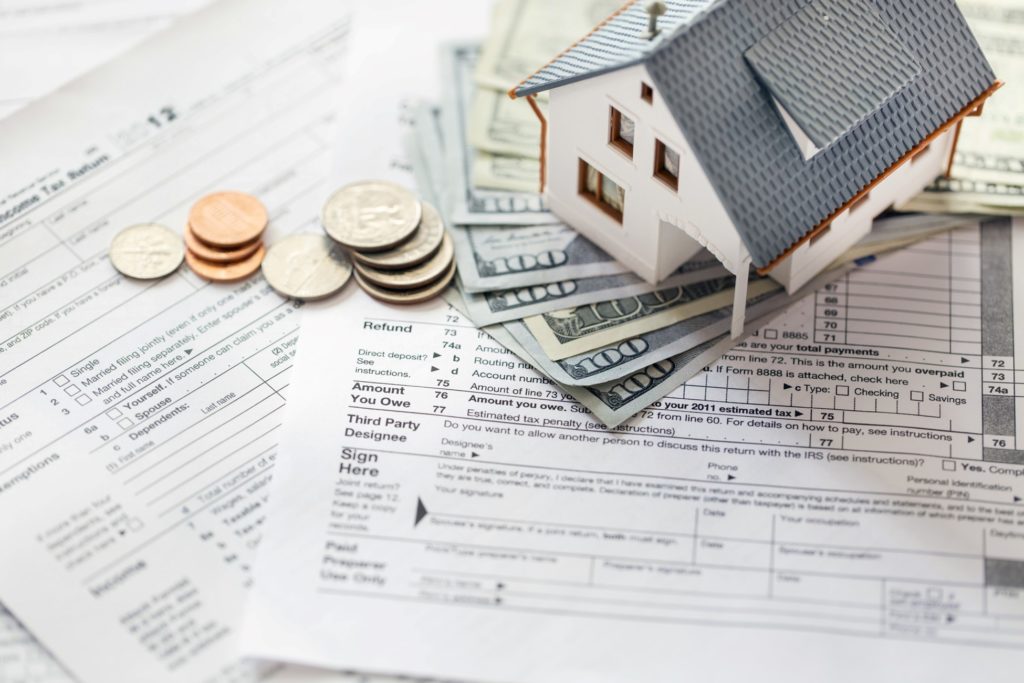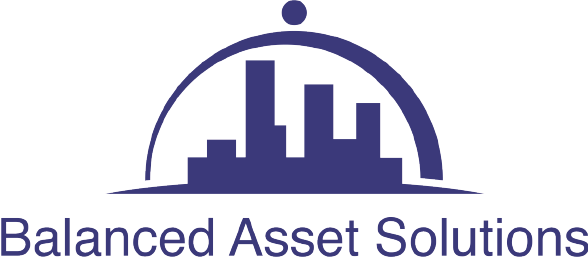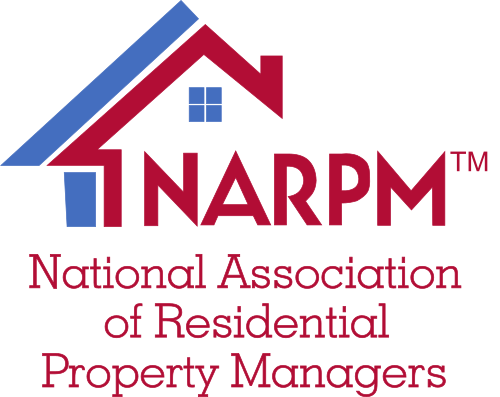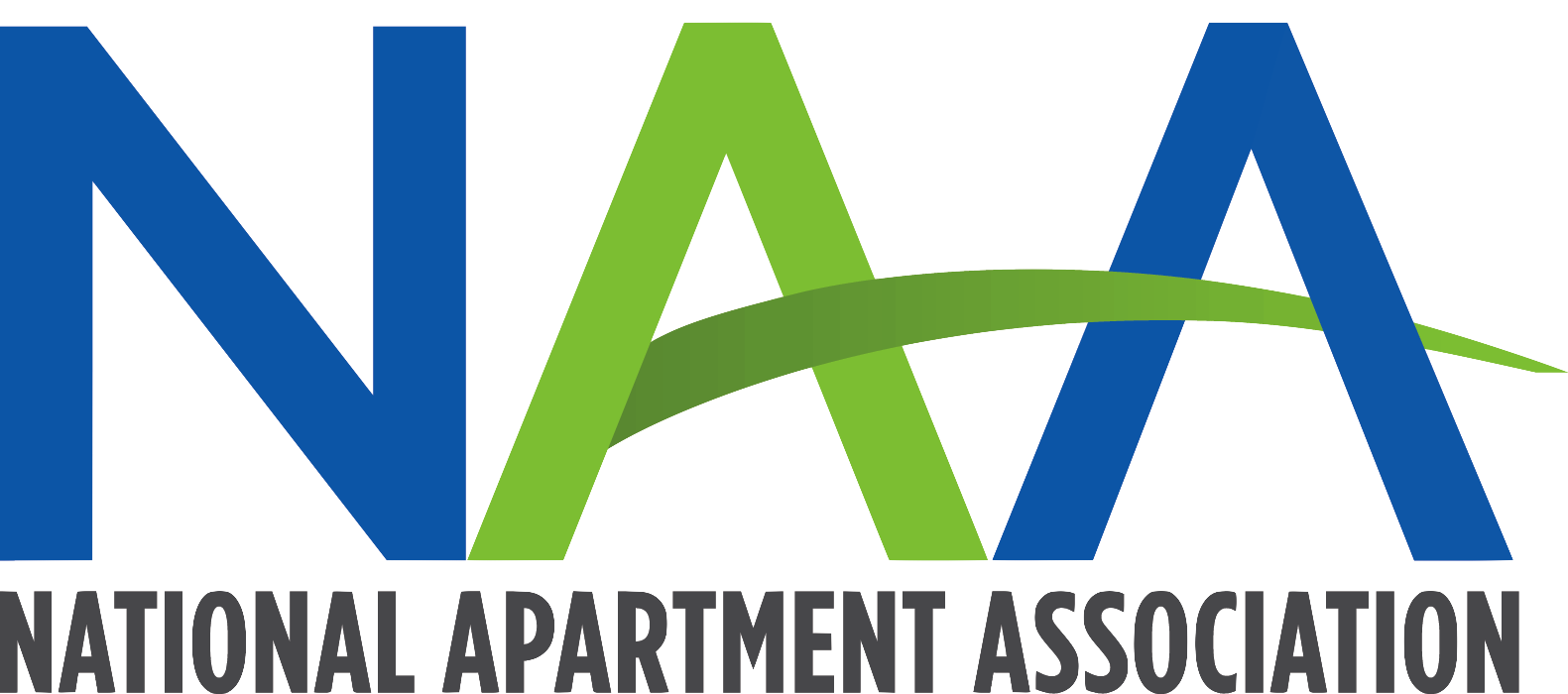If you’ve considered getting into real estate investment, you’ve probably looked at becoming a landlord. Rental properties can be lucrative, especially if you buy them with cash, rather than taking out a mortgage. But being a landlord involves much more than just collecting rent each month.
Property management accounting can get complex in a hurry, especially if you’re managing multiple properties. Read on to learn more about property management accounting and how to handle it successfully.
What Is Property Management Accounting?
As you might guess from the name, property management accounting deals with finances connected to rental properties. How large and complex these systems are depends a lot on how many properties you manage. If you have one or two rental houses, your system can be simpler; if you manage several apartment complexes, you’ll need a proportionally larger system.
At its core, property management accounting deals with the same few sources of cash flow and expenses. Rental fees, late fees, service charges, and property value equity make up your income. Property maintenance charges, landscaping fees, repair costs, taxes, and so on make up your expenses.
Take an Accounting Certification Course
When you’re getting started with property management accounting, it’s a good idea to take an accounting certification course. While you don’t have to be an accountant to be a landlord, knowing your way around financial systems will be beneficial. You’re going to be dealing with a lot of financial nuances, and you should know how to work in the systems you’ll be dealing with.
An accounting certificate program will teach you about the laws you’ll need to follow as a business owner, as well as the ethics of accountancy. You’ll also learn how to prepare budgets, tax returns, financial reports, and more. You can find accounting certification courses online at a number of reputable universities.

Decide on a Financial Management System
Once you know a little more about accounting, it will be time to figure out which financial management system will work best for you. This will depend in large part on how many properties you’re managing. If you only have one rental home, you may be able to check that the rent went through each month and track expenses manually.
If you’re managing a larger complex or even more than one complex, you may need to get specialized accounting software. You can use this to track payments from tenants, as well as to manage your invoices to different vendors. This will also be helpful at the end of the year when you get ready to start working on your taxes.
Pick Accounting Software
If you decide to use accounting software to manage your finances, you’ll have several options to choose from. While you can opt to use QuickBooks and other such general software, there are certain programs built specifically for landlords. These may have specialized tools you can use to handle property management-specific needs and issues.
Buildium is a cloud-based platform that allows you to manage your finances from anywhere, including on your phone. Property Matrix allows you to process ACH payments, credit cards, and checks, as well as paying vendors online. YardiBreeze makes it simple for new landlords to collect rent and handle billing and invoices.
Create Separate Accounts
You may be surprised to learn that it’s a good idea to set up a separate bank account for each property you manage. Each property will have its own cash flow and expense stream, and trying to keep all those separate will be impossible with just one bank account. You’ll also want to keep your personal finances separate, which will be all but impossible without separate bank accounts.
You may also want to consider setting up separate LLCs for each property you have, especially if you manage a number of different complexes. These LLCs will protect you from any liability issues that may occur during your management. And having each complex in a separate LLC will protect both your financial setup and your other properties in case of problems with one.
Learn About Lease Types
As a landlord, it should come as no surprise that you need to know about leases. But did you know that there are different types of leases and that they change what you’re responsible for? You need to make sure that the lease you’re signing with a tenant will work for your needs and financial goals.
Many commercial leases are set up so that tenants are responsible for paying to maintain common areas. This may include removing snow, landscaping public areas, and so on. Residential leases may share these expenses in different ways, meaning you may have to keep up with bills for those costs.
Make Rent Automatic
One of the best things you can do to make your financial life easier as a property manager is to make your rent automatic. When your tenants pay manually every month, there’s no telling when – or if – you’ll get paid. This can start to cause serious financial problems as your expenses continue with no further income to support them.
You can set up Automatic Clearing House (ACH) payments that will pull from your tenants on a specific date each month. You can also allow your tenants to set up these ACH payments each month or to set up some sort of other automatic bill pay. This will help you keep your finances steady and your tenants in good standing.
Keep a Rent Roll
Whether or not you have automatic payments set up, it’s a good idea to keep a rent roll. A rent roll is a log of which of your tenants have paid rent for the month and which haven’t. There are a number of good reasons to keep a rent roll, not all of which have to do with keeping up with which tenants are delinquent on their payments.
If you ever decide to sell your property or take a loan out on it, the first thing a bank is going to ask for is a rent roll. This will help them to assess the actual market value of the property, aside from its appraisal value. Make sure you include the date you receive each payment and the method by which it was paid, as well as the name of the tenant who paid it.
Pay Invoices
As a landlord, you’re going to accrue expenses related to the properties you manage. This may range from routine maintenance and landscaping costs to major appliance repairs and marketing costs. In addition to keeping up with the money you’re taking in, property management accounting will also deal with the money you’re spending.
If you aren’t using accounting software, be sure you come up with a system to keep up with bills and invoices as they come in. Mark when you paid them and be sure to log the method you used to pay them. Not only will this help if you’re ever audited, but it will also protect you if a contractor ever tries to say you’re delinquent on payments.
Balance Your Books
None of us enjoy balancing our checkbooks, but it’s an incredibly important part of property management accounting. You’re going to have a lot of cash flowing in and out of those accounts, and you have to make sure you know where all of it is going. Balancing your books will help you to make sure your finances are staying in order and you’re not losing money.
You can approach account balancing one of two ways: from the bank end or from the software end. If you choose to work from the bank end, start with the activity shown on your bank statement and match it up to each record in your accounting software.
If you decide to work from the software end, start with your account balance at the end of the previous period, input all your transactions for the current period, and make sure your balance at the end matches up with the amount in your bank account.
Print Financial Statements
In our digital world, it may seem silly to print off financial statements and keep them in a physical location. But disaster can strike, even digitally, and having a backup of your financial records is always a good idea. This can also provide a literal paper trail in case there’s ever a question of someone tampering with your digital records.
How often you print off financial statements will depend in large part on the size of the properties you’re managing. If you’re running a relatively small operation with just one or two properties, you may be able to get away with printing financials quarterly or even semiannually. But if you’re managing multiple large complexes, you may need to print off statements as often as once a week.
Set Up an Emergency Fund
We’ve all heard the advice to set aside an emergency fund before, but did you know it applies to more than just your personal finances? As we’ve all learned in the last year, disaster can strike any of us at any time, and oftentimes when tenants are going through times of hardship, that struggle gets passed on to their landlords. In particular, the eviction moratorium of the last year has made it hard for landlords to make ends meet when tenants can’t afford to pay rent.
Although a deadly worldwide pandemic isn’t on the usual list of reasons to save, even something as simple as a water heater malfunction can cause serious problems for a small landlord. Make sure you’re prepared to weather these challenges by setting aside an emergency fund. When you start managing property, establish a general emergency fund, and make sure you grow it with each new property you add.
Look for Tax Deductions
When tax time comes around, you may be shocked at how much of your revenue has to go back to the government. But the key to a successful tax season (other than staying relentlessly organized year-round) is to never leave money sitting on the table. There are a number of deductions you may be eligible for, and you need to make sure you claim all of them.
Remember that accounting certification program you paid for to run your property management business better? You can deduct that from your taxes, along with any mileage you accrued as part of your landlord duties. You can even deduct the cost of your accounting software from your taxes when you get ready to file.
Do Annual Appraisals
When you bought your property, you likely had it appraised, especially if you took out a loan to buy it. But did you know it’s a good idea to get your rental properties appraised every year, not just the first year you buy them? This can help you decide whether it’s in your best financial interest to keep leasing the property or sell it.
If your properties go up in value enough, it may be more valuable for you to sell them than it is to continue renting them. But if the properties are holding value at a steady rate with the rise of rent rates, you may make more money from continuing to rent them. You may want to consider getting training as an appraiser so you can perform these appraisals yourself, rather than paying a professional.
Learn More About Property Management Accounting
Property management accounting can seem overwhelming when you first begin, but with the right approach, you can keep your investment successful. Consider taking an accounting certification course and be sure to choose a system that works well for you. Make rent automatic, keep your records organized, and take every tax deduction you can.
If you’d like to learn more about property management accounting, check out the rest of our site at Balance Asset Solutions. We provide property management accounting and software consulting services. Contact us today and discover best-in-class consultations that are tailor-fit for your specific business needs.




